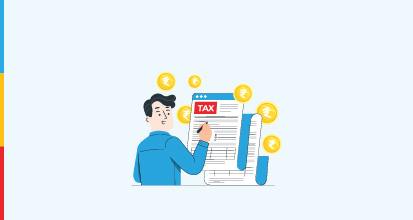- Estate tax: The tax was once applicable to all those who inherited their ancestral property before it was abolished in 1985.
- Income from other sources: Income that does not fit in any of the categories: salary, house property, business, and capital gains.
- Tax Deducted at Source (TDS): A type of tax that is deducted at the point of income generation by the government.
- Form 26AS: An annual tax credit statement where you can find all TDS, TCS, and other taxes against your PAN.
- Indexation benefits: Adjusts investment costs for inflation, reducing taxable income.
2025-06-24
446 Views
5 minutes read
Share















